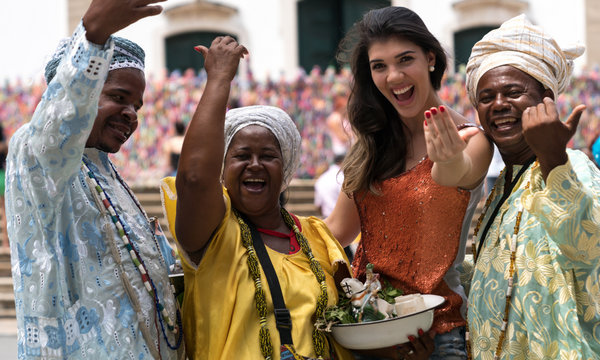
Role of Cultural Diplomacy in International Relations


As countries around the world continue to interact with one another, the role of cultural diplomacy has become increasingly significant. Cultural diplomacy, which involves the use of cultural events, exchanges, and interactions to build and strengthen relationships between countries, has proven to be an effective tool for promoting understanding and cooperation in international relations.
Cultural diplomacy has been used throughout history, but its significance has grown in recent years due to the increased globalization and interconnectivity of our world. In a world where countries are more interconnected than ever before, it is important to promote understanding and cooperation between nations. Cultural diplomacy is a way to do this by promoting cultural exchanges that can help to bridge cultural divides.
One of the most significant benefits of cultural diplomacy is that it helps to build trust and understanding between nations. By promoting cultural exchanges, countries can learn about each other's customs, beliefs, and values. This knowledge can help to break down stereotypes and biases that can often lead to misunderstandings and conflicts. By building trust and understanding between nations, cultural diplomacy can help to create a more peaceful and cooperative world.
Another benefit of cultural diplomacy is that it can help to promote economic development. By promoting cultural exchanges, countries can help to promote tourism, trade, and investment. This can lead to increased economic activity and growth for both countries involved in the exchange. Cultural diplomacy can also help to promote the arts and cultural industries, which can be an important source of revenue for many countries.
Cultural diplomacy can also be an important tool for promoting human rights and democracy. By promoting cultural exchanges, countries can expose their citizens to different ideas and perspectives. This can help to promote open-mindedness and critical thinking, which are important components of a healthy democracy. Cultural exchanges can also help to promote human rights by exposing citizens to different cultural practices and norms. This can help to break down cultural barriers that can often lead to discrimination and inequality.
The role of cultural diplomacy in international relations cannot be overstated. Cultural diplomacy has proven to be an effective tool for promoting understanding, trust, and cooperation between nations. By promoting cultural exchanges, countries can break down cultural barriers, build trust and understanding, and promote economic development and human rights. As our world becomes more interconnected, the importance of cultural diplomacy will only continue to grow.

